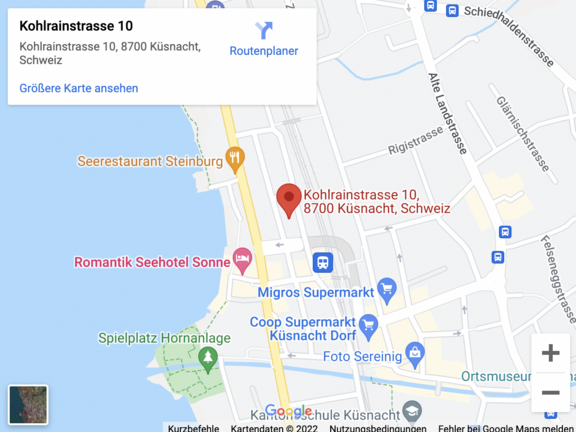Nutrition during pregnancy
A healthy woman should eat a balanced and varied diet during pregnancy and breastfeeding. It is recommended to eat enough vegetables and fruits, daily milk and dairy products as well as carbohydrates, 2 - 3 times meat and 1 - 2 times fish per week.
Sufficient fluid intake (1.5 - 2.5 liters per day) should be ensured. All vegetables and fruits should be washed with plenty of water before consumption.
Especially in the first trimester of pregnancy, the need for vitamins is increased, which is why, in addition to a healthy diet, it is worth taking a multivitamin product formulated for pregnancy. The most important vitamin is folic acid, which should be taken in a dosage of at least 0.4 mg/day 4 weeks before pregnancy. The risk of a neural tube defect ("open back in the child") can thus be considerably reduced.
In terms of microbial contamination (infections caused by bacteria and other germs), toxoplasmosis, transmitted by raw meat, contact with cats or unwashed vegetables, and listeriosis, the pathogens of which enter the maternal organism via raw milk and raw milk products, play a major role during pregnancy. Therefore, do not eat raw meat, soft cheese made from raw milk, and do not drink raw milk. Raw or smoked fish (e.g. salmon or trout), which comes from fish farms, can also be contaminated with listeria, which is why they should be avoided. Why toxoplasmosis blood tests are no longer performed in Switzerland and more information about toxoplasmosis can be found here.
You can and should gain weight during pregnancy. For a normal-weight woman, 10-12 kg would be ideal, 7 kg should be the minimum. Underweight women (BMI below 18) should even gain 12-18 kg. Even if you are overweight, you should not diet during pregnancy. In no case should any appetite suppressants be taken.
It has been proven that children of alcoholics suffer more from malformations, short stature, intelligence defects and behavioral disorders. Whether small amounts of alcohol already have a damaging effect on the expectant child has not been conclusively clarified. Probably one glass of wine or champagne per week (so-called social drinking) is harmless. One to two cups of coffee per day also do not seem to harm the fetus. Nicotine, on the other hand, is not recommended during the entire pregnancy, as it reaches the child only a few seconds after the first puff and accumulates there in high concentrations (due to the immature liver and kidneys of the child, it can only be broken down slowly). Underweight, premature labor, increased infections, respiratory problems and sudden infant death syndrome are just some of the possible consequences.
If you have any further questions about nutrition, please do not hesitate to contact us during our consultation hours.
Contact
GYNÉ LANG
Kohlrainstrasse 10
8700 Küsnacht (Zurich)
Phone +41 44 912 25 25
praxis@gynelang.ch
Opening hours
| Monday | 08.00 - 12.00 | 13.30 - 16.30 |
| Tuesday | 08.00 - 12.00 | 13.30 - 16.30 |
| Wednesday | 08.00 - 15.00 |
| Thursday | 08.00 - 12.00 | 13.30 - 16.30 |
| Friday | 08.00 - 15.00 |
![[Translate to English:] Frauenarzt Zürich [Translate to English:] Frauenarzt Zürich](/fileadmin/sites/gynelang/media/gynelang_logo.png)

